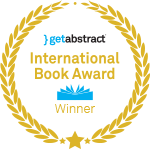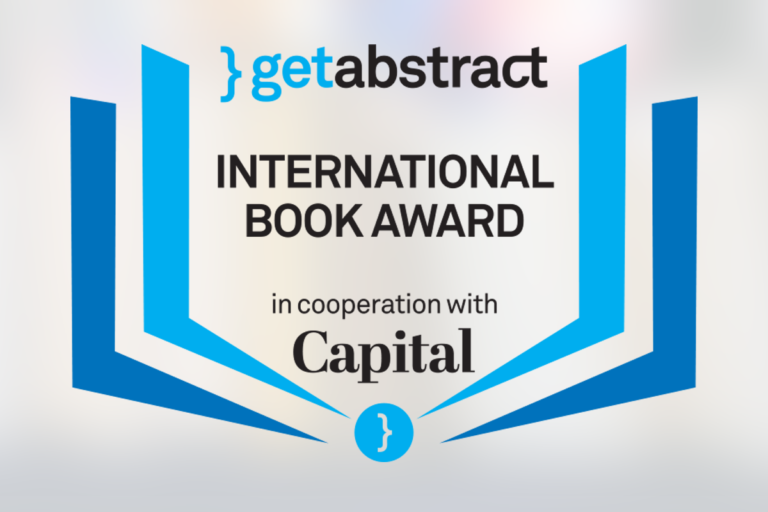Join getAbstract to access the summary!

Join getAbstract to access the summary!
David Weinberger
Too Big to Know
Rethinking Knowledge Now That the Facts Aren't the Facts, Experts Are Everywhere, and the Smartest Person in the Room Is the Room
Basic Books, 2012
What's inside?
The Internet’s limitless information reshapes the very idea of knowledge.
Recommendation
In this skillfully reasoned work, Harvard researcher David Weinberger examines the effect of the Internet on traditional concepts of knowledge and on what it means to be a knowledgeable person. In the online world, messy yet dynamic communities of experts and amateurs discuss and analyze so relentlessly that it is almost impossible to establish a fact or draw a conclusion. Yet science and other fields make unprecedented strides. Will the Internet’s connectivity raise the world’s collective intelligence? Or will wisdom, understanding and true knowing sink to the lowest common denominator? getAbstract highly recommends this scholarly analysis of the evolving shape of knowledge to anyone whose work involves thinking about the flow of information – from librarians to scientists, IT specialists and business strategists.
Summary
About the Author
Blogger David Weinberger, co-author of the bestseller, The Cluetrain Manifesto, is a fellow at the Harvard University Berkman Center for the Internet and Society.




















Comment on this summary